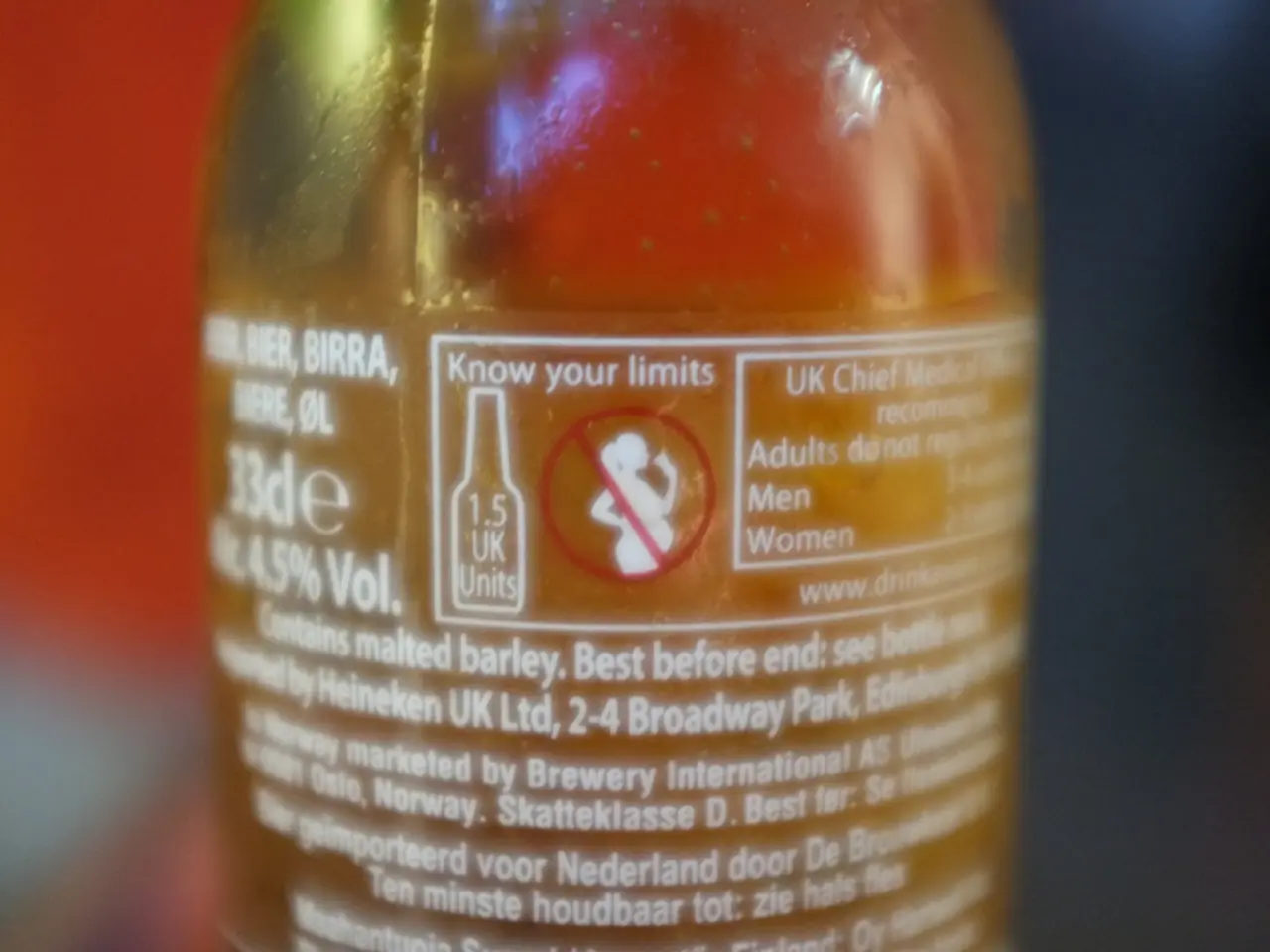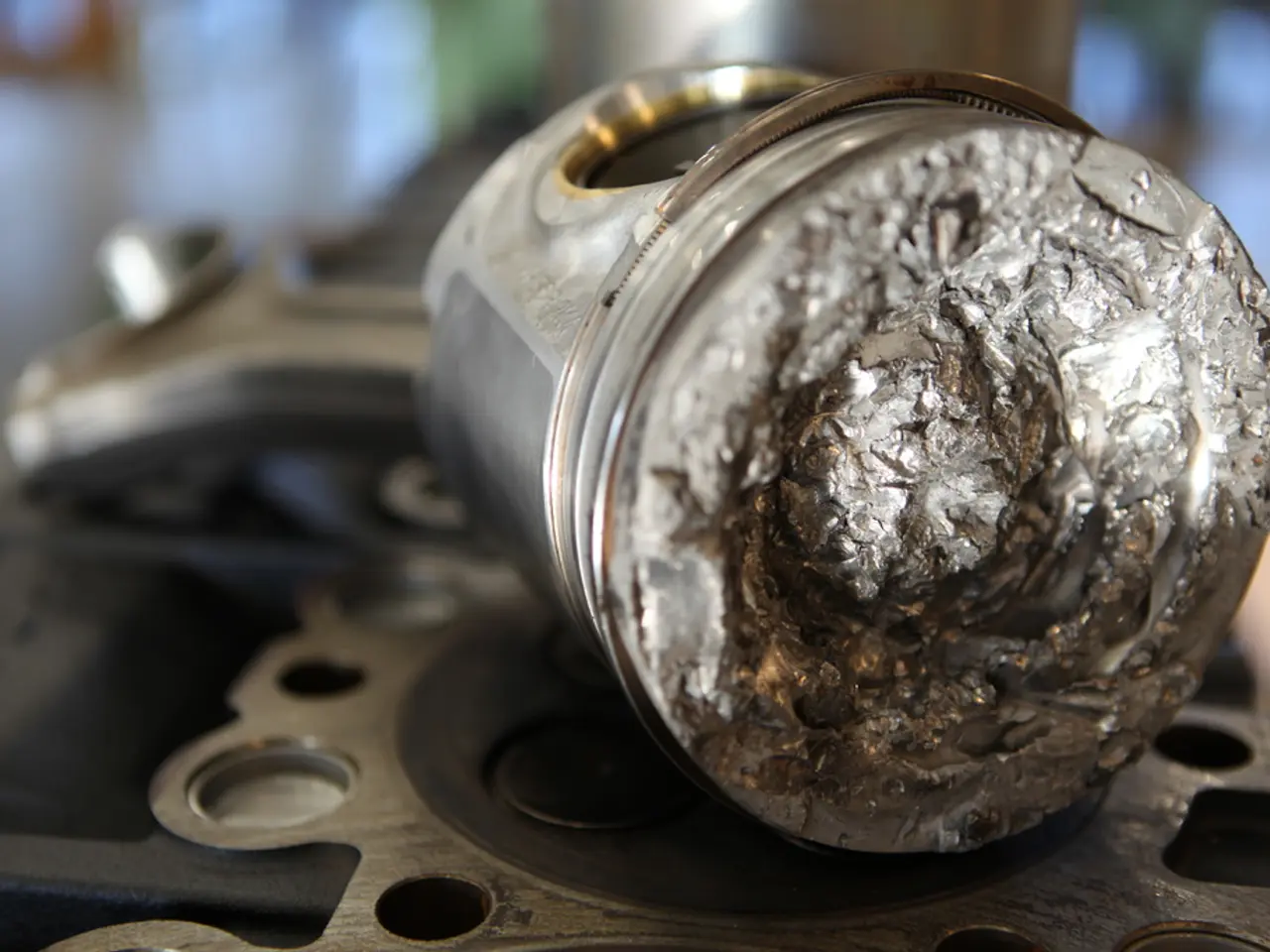Esketamine, branded as Spravato: An exploration of potential side effects, pricing, dosage, and further details
Spravato, a nasal spray treatment for severe depression, is a prescription medication for adults diagnosed with treatment-resistant depression (TRD) or major depressive disorder (MDD) with active thoughts or actions of suicide. It's a powerful drug, containing the active ingredient esketamine, and it should only be taken in conjunction with at least one other oral antidepressant medication.
Spravato is an NMDA receptor antagonist, which means it blocks a chemical called glutamate from binding to receptors in the brain. This interaction can regulate communication between nerve cells and help improve symptoms of depression.
The drug's effects are rapid, with many individuals experiencing symptom relief within just a few hours of taking Spravato. However, the drug can cause side effects such as dizziness, increased blood pressure, feelings of drunkenness, and numbness. In some cases, more serious side effects like dissociation, sedation, and respiratory depression can occur, so it's essential for patients to be monitored during and after their treatment by a healthcare professional.
Spravato is regulated as a controlled substance due to its potential for misuse, and it's only available through a specialty program called the Spravato REMS (Risk Evaluation and Mitigation Strategy). The REMS program requires that patients are fully informed of the risks and requirements before taking Spravato, such as staying for at least 2 hours at the healthcare facility for monitoring after their dose.
There are other alternatives for treating depression, including:
- Intravenous (IV) Ketamine: Another drug similar to esketamine that's administered via IV infusion for rapid improvement in depressive symptoms.
- Traditional Antidepressants: Medications like SSRIs (Selective Serotonin Reuptake Inhibitors) or SNRIs (Serotonin-Norepinephrine Reuptake Inhibitors), though these drugs typically take longer to take effect.
- Ketamine-Assisted Psychotherapy (KAP): A treatment that combines ketamine with psychotherapy to enhance outcomes.
- Electroconvulsive Therapy (ECT): A highly effective treatment for severe depression that works much faster than traditional antidepressants.
- Transcranial Magnetic Stimulation (TMS): A non-invasive brain stimulation technique that can be effective for treatment-resistant depression.
It's important to note that these alternatives may not be suitable for everyone, and the choice of treatment depends on individual factors, including the severity of the condition, patient history, and the expertise of the healthcare provider.
In summary, Spravato is a powerful nasal spray treatment for severe depression that can provide rapid symptom relief, but it carries risks and requires careful monitoring. Alternatives for treating depression include intravenous ketamine, traditional antidepressants, Ketamine-Assisted Psychotherapy, Electroconvulsive Therapy, and Transcranial Magnetic Stimulation. Always consult with a healthcare professional to determine the best course of treatment for depression with suicidal thoughts or behaviors.
- The mental health industry is expanding with innovative options like Spravato, a prescription drug for severe depression, showcasing the potential for wealth-management businesses to invest in pharmaceutical research and development.
- Despite its potential benefits, Spravato, with its powerful effects and possible side effects, underscores the need for personal-finance strategies to manage costs associated with long-term mental health treatment and drug-related expenses.
- As Spravato and similar drugs enter the market, the finance sector must stay informed about the impact on the mental health business landscape, considering factors such as drug pricing, accessibility, and regulatory changes.
- In light of the increased availability of rapid-response depression treatments, such as Spravato and IV ketamine, the wealth-management industry may see a growing need for holistic solutions addressing both financial and emotional wellbeing.
- As patients grapple with the financial burden of depression treatment and the associated drug costs, personal-finance advisors could play a crucial role in helping them make informed decisions about treatment options while managing their finances effectively.






